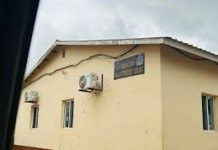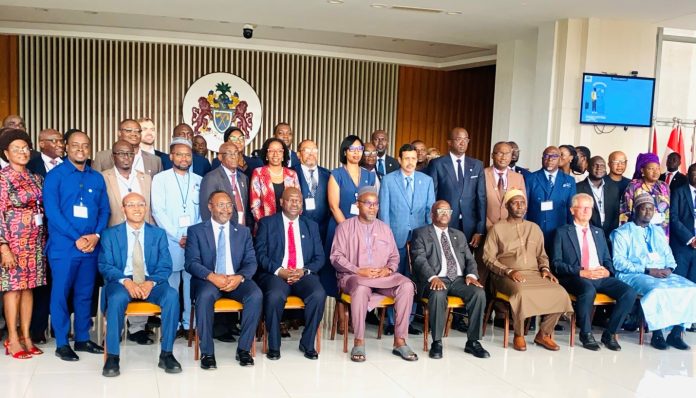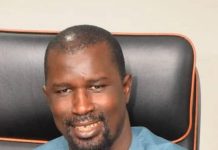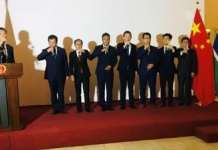By Mariama Marong
The Gambia is hosting a major economic forum from June 17 to 19, 2025, at the Sir Dawda Kairaba Jawara International Conference Centre, with a special focus on energy access and financing options for Africa. This 5th gathering of government chief economists and development experts is held under the theme: “Powering Africa’s Future: Energy Access and Finance Options.”
The forum brings together chief economists, senior officials, and partners from across Africa and beyond to engage in critical policy dialogue and share strategies aimed at advancing inclusive and sustainable economic growth—centered around energy access.
Speaking at the opening ceremony, Vice President Muhammad B.S. Jallow of The Gambia described the forum as both “timely and relevant.” He underscored the importance of bringing government economic leaders together to deliberate on progress and options for financing within the continent’s energy sector.
“Electricity not only provides power but creates opportunities and jobs,” Jallow said. He noted that The Gambia has made significant progress in the energy sector since 2017 and reaffirmed the government’s commitment to regional cooperation to diversify energy sources and ensure reliable and affordable energy for all Gambians.
He cited large-scale energy projects underway in Jambur and Soma, adding, “These projects are geared toward generating energy.” While highlighting progress, Jallow acknowledged the financial challenges that slow down development and extended gratitude to international funders who continue to support national energy efforts.
Finance and Economic Affairs Minister Seedy Keita stated that 73% of Gambians currently have access to energy, and the government aims to achieve universal access by 2026. “Ten percent of our national budget is allocated to the energy sector, which shows how significant the sector is to the government,” Keita noted.
He stressed that transforming Africa’s energy landscape requires bold leadership and strong partnerships. “Development partners must help build resilient energy systems that empower lives, protect the planet, and drive inclusive growth,” he said.
Keita emphasized that energy goes beyond electricity—it’s about opportunity, dignity, and improved quality of life. He also highlighted the essential role of the private sector in expanding renewable energy as a sustainable pathway forward.
German Ambassador to The Gambia, H.E. Klaus Botzet, praised the forum’s purpose, calling it “key and fundamental.” He said it provides a platform for African economists to share perspectives and shape policies that promote access to modern energy and universal electrification.
“Access to modern energy is fundamental to sustainable and social development—it supports healthcare, education, and social inclusion,” he said. He urged policymakers to develop evidence-based strategies that strengthen regional cooperation and national ownership. “Evidence-based policies are key to a progressive development society,” he added.
World Bank Chief Economist for Africa, Dr. Andrew Dabalen, called energy “the backbone of the modern economy.” He stressed that millions of Africans continue to live without electricity, limiting their ability to thrive economically and socially.
Dr. Dabalen revealed that the World Bank has committed $200 million to The Gambia’s energy sector. “Thanks to our interventions, the country has gained significant development in fast utility by providing 225 high-voltage transmission lines, facilitating regional integration, and critically providing electricity to over 700 new communities,” he said.
According to Dabalen, electricity access in The Gambia has risen from 62% to 70% in recent years. But he warned that uninformed policy remains a key barrier across the continent.
“The challenge hindering progressive access to energy in Africa is due to policies that are mostly uninformed,” he said. “It’s crucial that chief economists advising governments make informed decisions grounded in evidence if we are to unlock economic growth through energy.”
The forum continues through June 19, with further sessions expected to focus on public-private partnerships, climate resilience, and mobilizing capital to close the financing gap in Africa’s energy transformation.






















